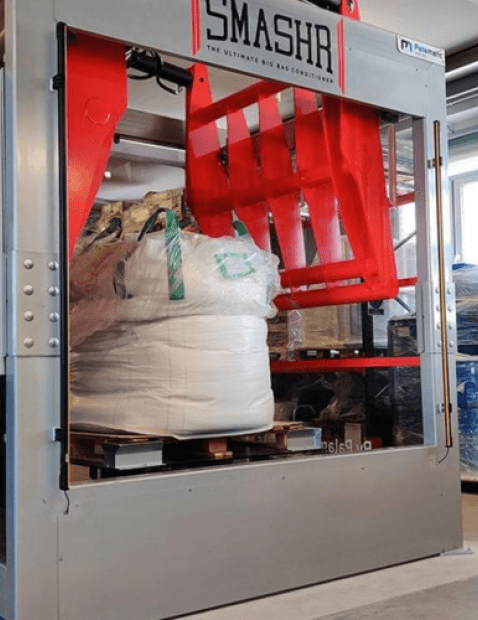What are the specific regulations and safety standards that apply to CRM powders and toxic powders?

There are a number of international regulations governing the handling of CRM (Critical Raw Materials) and toxic powders. These regulations aim to guarantee worker safety, protect the environment and ensure product quality. They cover a wide range of aspects, from the classification of substances to risk management, storage and transport procedures. Understanding these standards is essential for any organisation involved in the production, distribution or use of these materials.
1. European legislation on critical raw materials
At international level, there are several regulations governing the handling of CRM and toxic powders.
Stockholm Convention on Persistent Organic Pollutants (POPs)
This is an international treaty aimed at eliminating or reducing the production, use and release of persistent organic pollutants into the environment. POPs are chemical substances that persist in the environment, accumulate in food chains and can have harmful effects on human health and the environment.
The Globally Harmonised System of Classification and Labelling of Chemicals (GHS)
The GHS is an international system of classification and labelling of chemicals which aims to ensure consistent and uniform communication of information on the hazards of chemicals. The GHS is used in many countries and regions, including the European Union.
The REACH regulation
In Europe, the REACH regulation(Registration, Evaluation, Authorisation and Restriction of Chemicals) is a key regulatory framework for handling chemical substances. It imposes strict obligations on manufacturers and importers of chemical substances.
Registration
Manufacturers and importers of chemical substances must register these substances with the European Chemicals Agency (ECHA) if they are produced or imported in quantities of more than one tonne per year.
Evaluation (Assessment)
Registered chemical substances may be evaluated by the competent authorities to determine whether they pose a risk to human health or the environment.
Authorisation
Certain dangerous chemical substances can only be used if they are specifically authorised. Manufacturers and importers must apply for authorisation to use these substances.
Restrictions
Chemical substances that present unacceptable risks to human health or the environment may be subject to restrictions on use.
The REACH regulation aims to ensure the safe and sustainable use of chemical substances in the European Union, protecting human health and the environment while promoting innovation and business competitiveness. Companies that manufacture or import chemical substances must comply with the requirements of the REACH regulation to guarantee the safety of their products and minimise their environmental impact.
The IBCFlow®02 solution from Palamatic Process for automatic container emptying

Do you have a project? I am available to advise you and support you in your study.
Guillaume De Clercq, CRM powder and toxic substances expert.
2. The EU CRM Act (European Union Critical Raw Materials Act)
The EU CRM Act is a European Union initiative aimed at securing the supply of critical raw materials (CRMs) for European industry. Critical raw materials are materials that are essential to the European economy, but which present a high supply risk due to factors such as dependence on third countries, scarcity of resources or the environmental and social problems associated with their extraction.
The EU CRM Act aims to strengthen the resilience of European industry by encouraging the diversification of supply sources, the recycling and reuse of critical raw materials, and research and innovation to develop substitutes and more efficient technologies.
The initiative comprises several key actions
The creation of a list of critical raw materials for the EU, which is regularly updated in line with the changing needs of industry and supply risks.
The development of strategic partnerships with third countries to diversify sources of supply and strengthen cooperation in the exploration, extraction and processing of critical raw materials.
Supporting research and innovation to develop more efficient and sustainable technologies for the extraction, processing and recycling of critical raw materials.
Promoting responsible business practices in the sourcing of critical raw materials, encouraging companies to respect social and environmental standards and avoid conflict and human rights abuses.
TheEU CRM Act is an important initiative to ensure the competitiveness and sustainability of European industry, by ensuring that companies have access to the critical raw materials they need while minimising the environmental and social impacts associated with their extraction and use.
Would you like to find out more about the EU CRM Act or get information about standards specific to the battery manufacturing industry?




















